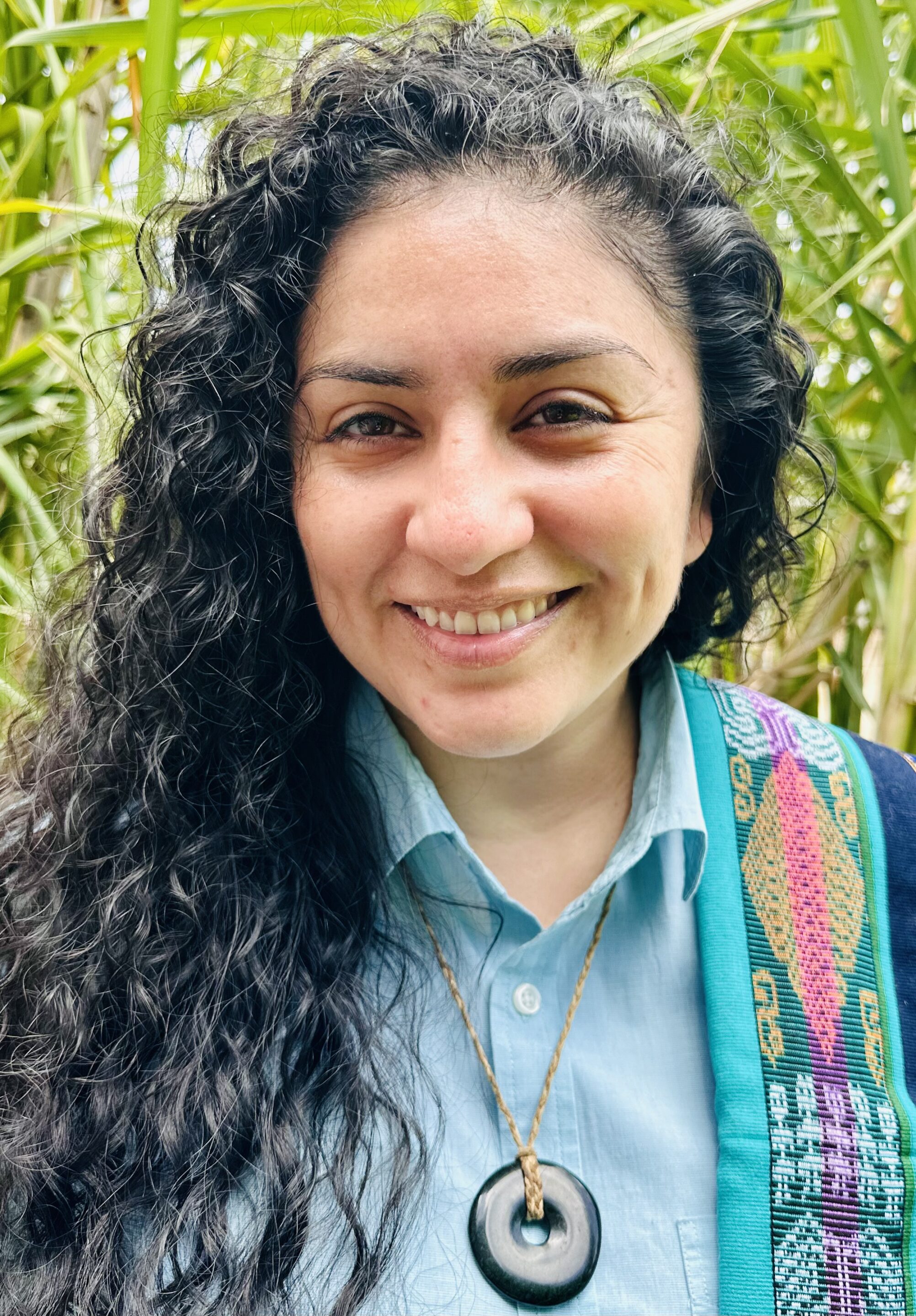Maya Mathematics: A Practice of Relation
Briana Rodriguez
About the research
Award
NAEd/Spencer Dissertation Fellowship
Award Year
2024
Institution
University of Pittsburgh
Primary Discipline
Indigenous Education
Dominant mathematics - the mathematics learned in schooling - has long been a mechanism to reify social hierarchies. Although much work has been done to help young, minoritized people advance their mathematics learning and develop agency, mathematics education continues to be a site of struggle. As we explore the ways mathematics can be taught towards non-reformist goals in education, I explore the ways mathematics might be defined differently by Indigenous communities in Central America. My dissertation employs an Indigenous Storywork as methodology (ISM) to center the intergenerational impact stories have for Indigenous people in Guatemala and El Salvador (Archibald, 2008). The purpose of ISM is to facilitate “learning from and working with the traditional and life experiences of Indigenous Elders, cultural knowledge holders, storytellers, and educators” (Smith, 2019, p. 315). In this project in collaboration with Maya community educators in Guatemala and Nawa-Pipil community educators in El Salvador, we explore the ways mathematical knowledge has been constructed and practiced in past, present, and future through popular education programs. Through a framework of refusal relationality (Vaught et al., 2022), the community explores the ways Maya and Nawa mathematics challenges the colonial conditions of space and time through our relationship with Maya/Nawa knowledge and futurity. As a community, we ask, In what ways is mathematical knowledge constructed and practiced by Indigenous community educators in Guatemala and El Salvador?
About Briana Rodriguez

Briana K. N. Rodríguez (Maya Ch’orti’) is a compassionate non-binary educator and thought partner. Their work reflects on questions such as, “What is the purpose of education?” and “What is the purpose of mathematics?” As a secondary mathematics educator, they saw firsthand the ways mathematics was used as a tool to reify settler colonial and capitalist structures and ideologies. Their research challenges the notion of mathematics as a universal language by asking, who’s universe or worldview? Who’s values? As such, they collaborate with Maya and Nawa community educators virtually and in the Central American Isthmus to co-create learning spaces with the purpose of realizing Indigenous futurity and autonomy. Working towards Indigenous futurity means learning from genealogies of struggle for liberation, such as the global struggle against occupation, genocide, and military intervention in Palestine, West Papua, Haiti, Sudan, Congo, and many more. The struggles for autonomy and self-determination as Indigenous people in Central America are connected to the struggles for a Free Palestine.
